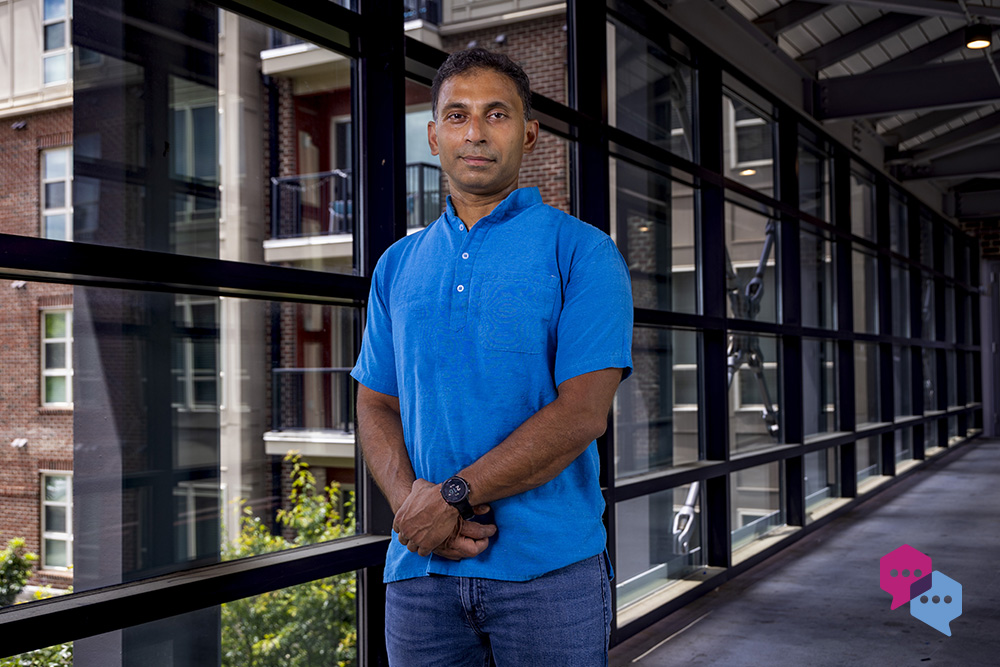Nikhil Kaza is a professor in the Department of City and Regional Planning within the UNC College of Arts and Sciences. He studies how organizations achieve their energy and environmental goals and how institutional innovations help or hinder cities and impact different groups of people.
Q: How did you discover your specific field of study?
A: I was trained as an architect — but soon discovered I have few artistic skills and little patience for details that make for wonderful and interesting spaces. Though, I did learn to think holistically, laterally, and creatively. City planning allowed me to combine my analytical side with these ways of thinking. Plus, I met some wonderful people in graduate school that cemented my interests.
Q: Academics are problem-solvers. Describe a research challenge you’ve faced and how you overcame it.
A: One day, on a bus back from the airport mid-afternoon, I overheard a conversation where a fellow passenger was lamenting that his work commute took over two hours because the buses were so infrequent at this time of day and the connections entailed a long wait. The conversation made me question some conventional assumptions in planning. I realized I had to jettison my conceptualization of space as a container where things happen and, instead, think about place as a set of variegated and dynamic relationships. This led me to explore different methods for city planning issues.
Q: Describe your research in five words.
A: Use, not just implement, plans.
Q: Who or what inspires you? Why?
A: How different communities experiment with, tinker, and prototype institutional innovations in the face of overwhelming structural inertia. Many of these are socio-technical innovations and it is very rewarding to study and learn from them.
Q: If you could pursue any other career, what would it be and why?
A: It would be hard to make it into a career, but high-altitude search-and-rescue work always appealed to me. This is striking for someone who grew up in tropical plains in India.


